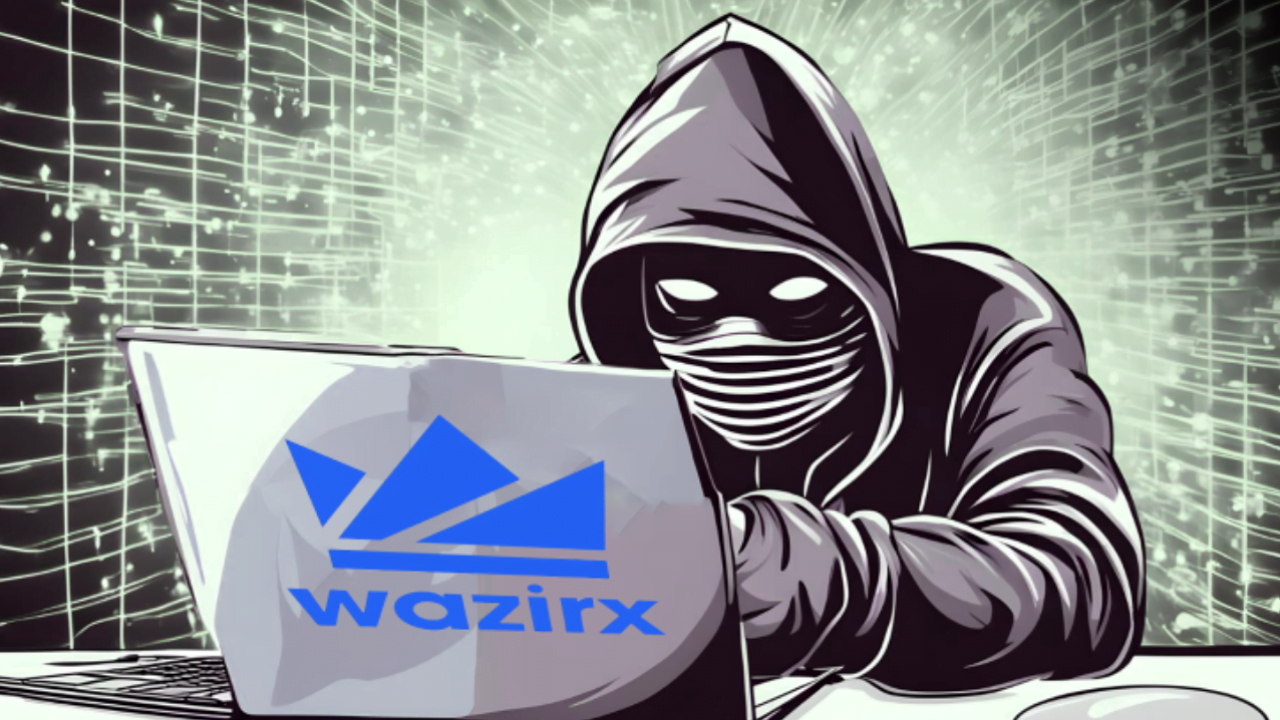The European Union submitted a controversial proposal that suggests phasing out the most energy-inefficient cryptocurrencies. Although the proposal died in the EU, cryptocurrencies will still be under scrutiny from policymakers as the EU tries to counter the energy crisis and climate change. Since China banned cryptocurrencies last year, tackling air pollution has been the topmost priority for the EU Parliament.
On Monday, the EU Parliament committee met to discuss economic and monetary affairs and therefore, concluded to establish a legislative framework to regulate the digital assets and their movement. However, in this process, the committee decided to drop the proposal that prevented the EU crowd from indulging in energy-hungry processes to generate more cryptocurrencies like Bitcoin.
Table of Contents
ToggleThe high price and high energy game of cryptocurrencies
Recently, cryptocurrencies like Bitcoin and Ether have gained tremendous attention due to their high energy consumption needs and the amount of greenhouse gas emissions they generate as a result. The European Union is already neck-deep into an energy crisis with alarmingly high electricity rates over the past year and this has become even more complex and worrying as they try to survive without the gas supplies from Russia.
Statistics suggest that the Bitcoin network used more energy in a year than Norway and currently ranks 27th for its annual electricity usage as if it were a country itself. Most of the energy spend is in the energy-inefficient processes of verifying transactions also called proof of work. Bitcoin miners, of course, use special computer systems to earn new tokens, verify transactions, and solve puzzles. These extremely tedious puzzles consume the most energy in the blockchain network. The EU Parliament was suggesting the ban of this puzzle-solving.
Previously, the framework included language that suggested the phasing out of proof of work for less energy-intensive verification methods. This sparked outrage in the crypto industry that saw it as a final nail to the coffin for bitcoin. The rule targeting the proof of work has been dropped from the framework today. Instead, the committee has asked the EU Parliament to weigh in separately on the impact of cryptocurrency mining and change its perspective into sustainable investment.
The long shot of reducing the energy consumption of the crypto industry
This is not the first time the crypto industry is trying to solve energy problems. The Ethereum network has long tried to move from proof of work to a proof of stake model that nixes puzzle-solving, doesn’t use a lot of energy, and is, therefore, considered environment-friendly. This model could have solved problems for bitcoin as well. However, in reality, bitcoin miners are less likely to follow suit since all of them would have to eat losses from dumping the hardware invested into bitcoin.













